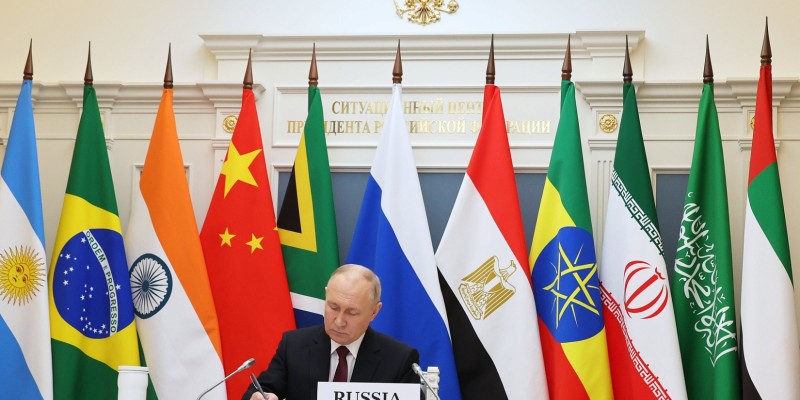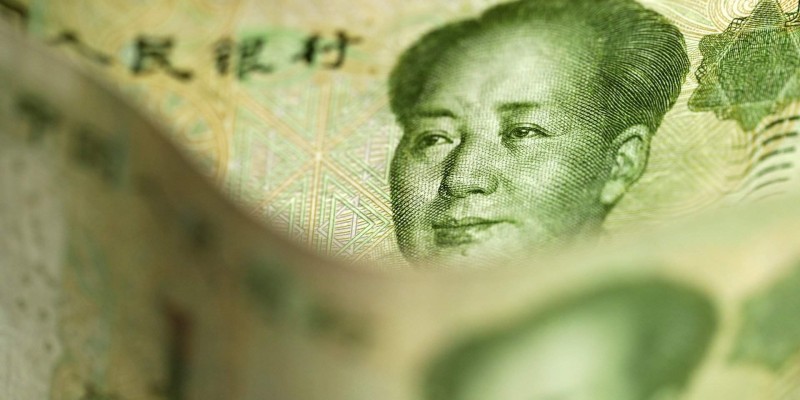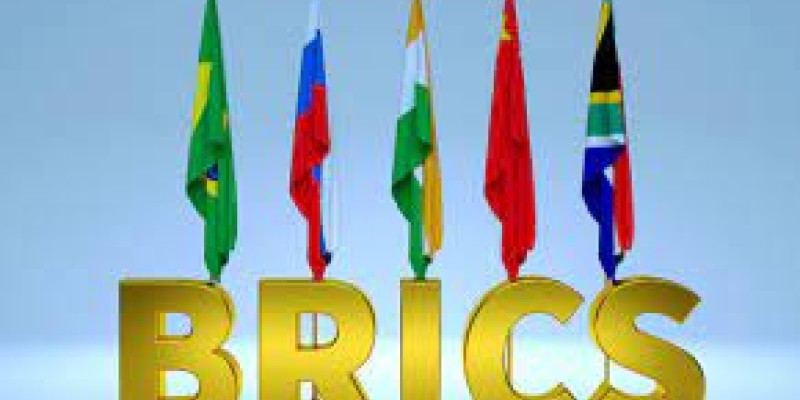SCO & BRICS latest news and insights
By Julius Alagbe
A group of academicians have emphasised the need for Nigeria to join BRICS, an economic bloc comprising Brazil, Russia, India, China and South Africa for economic transformation.
The experts made the call at a summit in Abuja on Tuesday, with the theme: “BRICS+ And Global South...
During the international forum 'China's Development' at the Diaoyutai State Residence from March 25 to 27, Prime Minister of the People's Republic of China, Li Qiang, discussed the forthcoming changes to the rules governing access to the Chinese market and cross-border data flows.
The head of the P...
The alliance between Russia, China, and Iran poses a significant threat to the United States and its allies. According to The Economist magazine, the sanctions imposed by Western states have united these countries against a 'common enemy.' They advocate for a multipolar world that is no longer domin...
Thanks to the Bloomberg, Kepler, and Reuters information agencies, its relatively easy to monitor the movement of Russian oil online. They also allow people to study weekly supply volumes by consumer countries and shipping destinations, as well as prices, discounts, refuseniks, and new markets. The...
By Yaroslav Lissovolik
One of the interesting BRICS-related developments in the course of this month was the release of a poll conducted by Gallup International with ROMIR agency conducting the Russian part of this poll. The poll was conducted in 44 countries of the world to reveal the attitudes o...
Russia took the rotating presidency of the BRICS group in 2024. Yury Ushakov, Russian presidential foreign policy aide, granted TASS an interview in which he previewed Moscow’s priorities, prospects for BRICS development and expansion, and commented on the West’s attempts to impede the association’s...






